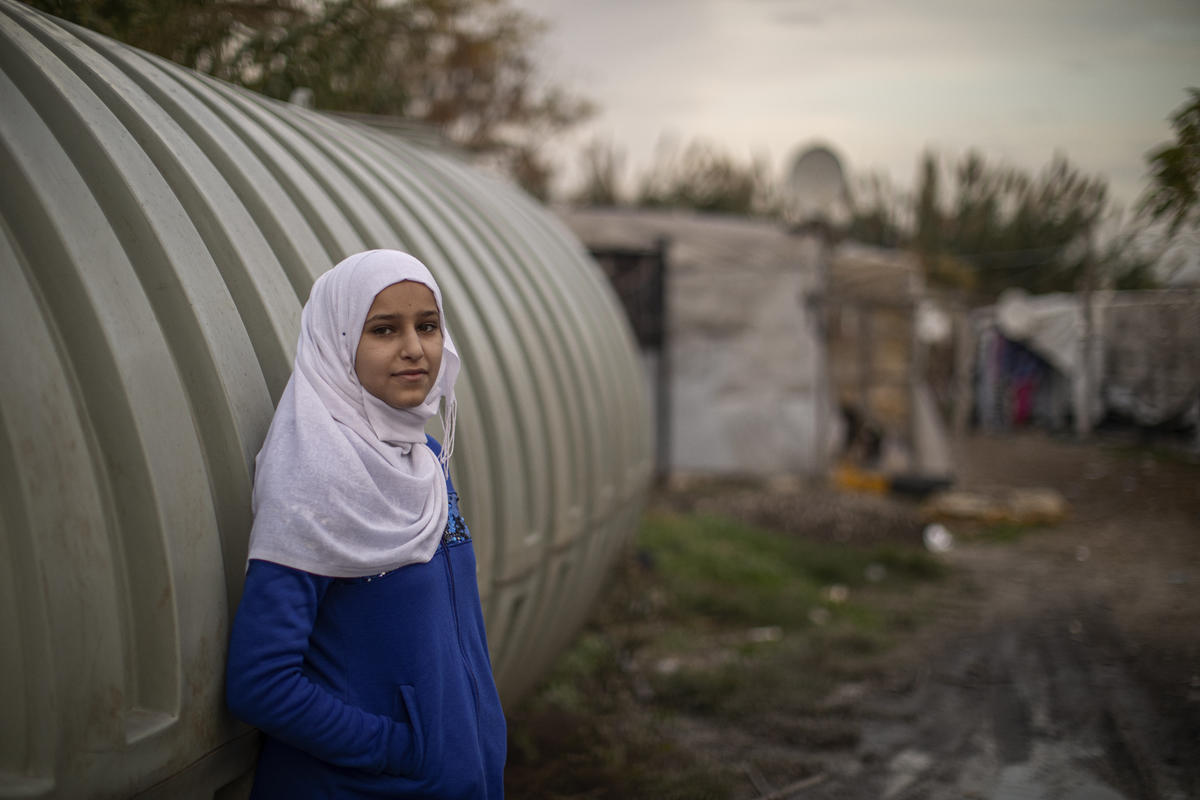UNHCR alarmed by refugee killings in Northern Uganda, calls for investigation
UNHCR alarmed by refugee killings in Northern Uganda, calls for investigation
UNHCR, the UN Refugee Agency, is saddened and alarmed by the violent events that left 10 refugees dead and 19 injured, including one member of the host community, in Madi Okollo district in the northern region of Uganda.
According to information received so far, on Friday 11 September 2020 at around 5 pm a dispute between locals and refugees near a shared water point quickly escalated into a violent attack against refugees at the Tika village in Rhino refugee settlement, where refugees from South Sudan reside.
In addition to the high number of casualties, 15 refugee houses were burnt to the ground and another 26 are confirmed to have been looted and vandalized.
UNHCR is deeply concerned about the safety of ten refugees who remain missing and call upon authorities to search for them immediately.
We offer our condolences to the families of the deceased and wish a quick recovery for those people who were injured.
“The disproportionate violent reaction by the host community to a communal dispute signals a threat to the delicate balance of peaceful coexistence in the rural villages where refugees live alongside their Ugandan hosts,” said Joel Boutroue, the UNHCR Representative in Uganda.
“In an environment of scarcity of resources, tragic incidents such as that of last Friday are alarming, as both the host and refugee communities face increased hardships and decreased access to basic services and livelihoods.”
We urge for calm and are working with the authorities to ensure that additional security measures are adopted, and this deadly incident is investigated to help clarify the circumstances, including the role of local authorities.
UNHCR has immediately deployed teams on the ground to support refugees who are deeply traumatized by the attack and work with government counterparts and partners to respond to the needs of those affected while also initiating reconciliatory efforts.
For more information on this topic, please contact:
- In Geneva, Babar Baloch, [email protected], +41 79 513 9549








